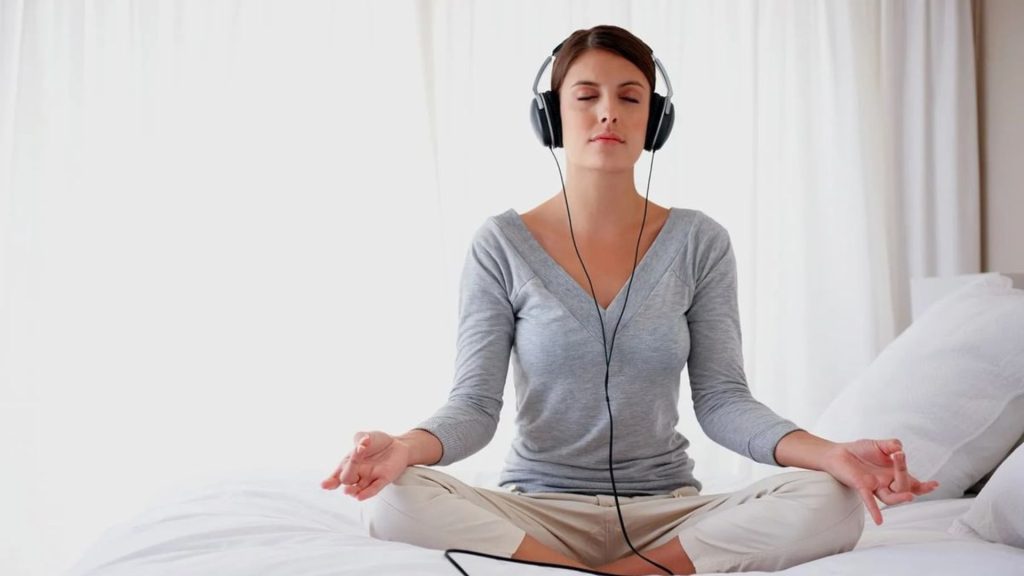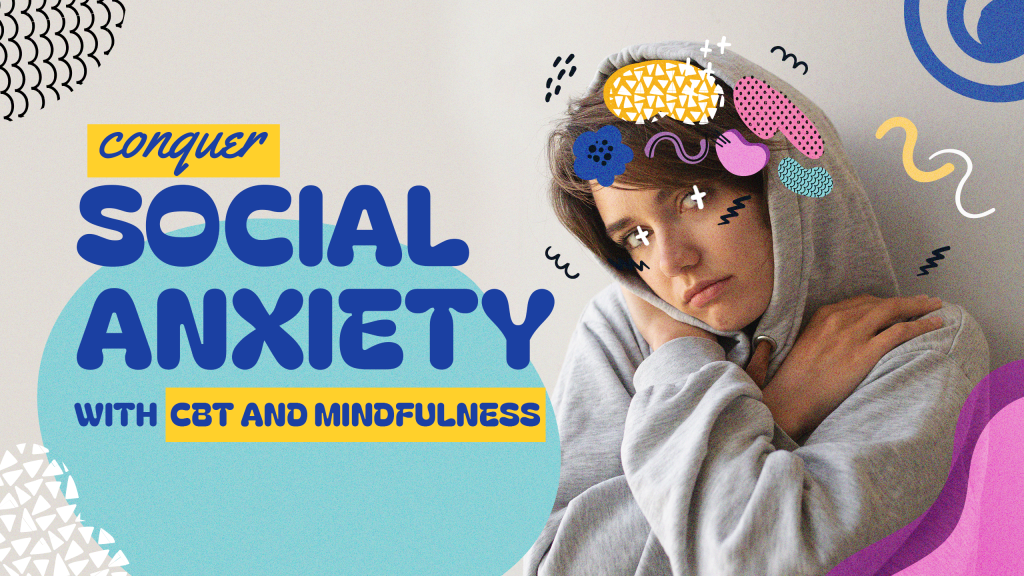Your heart hammers against your ribs. Your palms are slick with sweat. You walk into a room full of people, and your mind goes completely blank. The fear of being judged, saying something stupid, or being the “awkward one” is so intense you just want to turn around and leave.
If this feels familiar, you’re not alone. You’re experiencing social anxiety, which is more than just shyness. It’s a persistent fear of social situations where you might be scrutinized or evaluated. The good news? It’s highly manageable. You don’t have to white knuckle your way through life.
What is Social Anxiety?
Social anxiety isn’t just a preference for quiet nights in. It’s a fear that stems from a deep-seated worry about being embarrassed, humiliated, or rejected. It creates a vicious cycle, you fear a situation, so you avoid it. This avoidance brings short term relief but reinforces the long-term fear, making the next encounter even more daunting.
Remember: If your social anxiety feels overwhelming and disrupts your daily life, seeking help from a therapist is a sign of strength, not weakness.
Your Toolkit for Overcoming Social Anxiety
Think of this as your go to kit for navigating the social world with more ease.
Shift Your Internal Mindset

Your thoughts fuel your anxiety. The first step is to become the observer of those thoughts.
- Identify & Challenge Negative Thoughts: When you think, “I’m going to make a fool of myself,” pause and ask.
- “What is the evidence for this thought?”
- “What’s a more realistic or compassionate way to see this?”
- Instead of “They’ll think I’m boring,” try, “We’re just having a casual chat. I can ask questions to learn about them.”
- Practice Self-Compassion: Would you tell a nervous friend they’re a failure? Of course not. Talk to yourself with the same kindness. “It’s okay to be nervous. Many people feel this way. I’m doing my best.”
Reframe the Goal: Shift from “I need to be the most interesting person here” to “My goal is to be genuinely curious and listen,” or “My goal is to just stay in this conversation for five minutes.”
Prepare and Practice

Confidence comes from competence. Preparation goes a long way.
- Start with Social “Homework”: Don’t jump into a huge party. Start small. Make it a goal to make eye contact and smile at a stranger, ask a cashier how their day is going, or a colleague a genuine compliment.
- Have conversation starters Ready: Arm yourself with a few open-ended questions. The FORM Method is a classic for a reason. Ask about:
- Family: “Do anything fun with your family this weekend?”
- Occupation: “What’s been keeping you busy at work lately?”
- Recreation: “Seen any good movies or read any good books recently?”
- Dreams: “If you could travel anywhere next, where would you go?”
- Role-Play: Practice with a trusted friend or family or family member. Run through a scenario you dread, like entering a party or giving a small presentation.
Master In the Moment Techniques

When anxiety starts to rise in real time, those tools can be a lifetime.
- The 5-4-3-2-1 Grounding Technique: Pull your focus to your senses.
- Name 5 things you can see.
- Name 4 things you can feel.
- Name 3 things you can hear.
- Name 2 things you can smell
- Name 1 thing you can taste.
2. Breathing: Anxiety causes shallow chest breathing. Counter it by breathing deeply into your belly. Inhale slowly for 4 counts, hold for 4, and exhale slowly for 6 counts. This activates your body’s relaxation response.
3. Focus Outwardly, Not Inwardly: Anxiety turns your inward on yourself. Forcefully shift it outward. Really listen to what the other person is saying. Notice the details of the room. When you’re engaged externally, there’s less mental space for anxious internal chatter.
Conquering Common Scenarios

- Parties/Networking: Arrive early. It’s easier to join a few people than to break into an established crowd. Also, give yourself a time limit.
- Speaking in Meetings: Plan one comment or question in advance. Having something prepared reduces the pressure to think of something brilliant on the spot.
- Eating in Public: Bring a book or listen to a podcast to distract yourself. Remember, most people are focused on their own meals and companions, not on you.
Building Long Term Resilience

Overcoming social anxiety is a marathon, not a sprint.
- Celebrate Every Win: Did you make a phone call without rehearsing for an hour? Did you speak up? That’s a win! Acknowledge it.
- Prioritize Self-Care: A well-rested, nourished body is better equipped to handle stress. Don’t underestimate sleep, exercise, and a balanced diet.
- Consider Therapy: Cognitive Behavioral Therapy (CBT) is particularly effective for social anxiety, as it directly targets the thought and behavior patterns that maintain it.
You Have the Power to Rewire Your Response
The path to overcoming social anxiety isn’t about becoming a flawless extrovert. It’s about progress, not perfection. It’s about replacing dread with curiosity and fear with self-compassion. Every small step you take is a brick in the foundation of your new, more confident social life.
You are capable of more than you know. So, take a deep breath, prick one small strategy from this list, and try it today.







